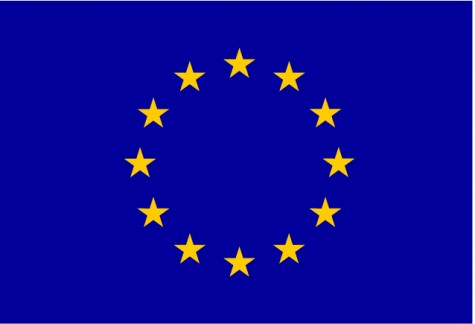Context
The EU award for investigative journalism aims at celebrating and promoting outstanding achievements of investigative journalists and improving the visibility of quality investigative journalism in the Western Balkans countries (Albania, Bosnia and Herzegovina, Kosovo*, Macedonia, Montenegro and Serbia) and Turkey.
The award is established by the European Commission, DG Enlargement, following the EU Enlargement strategy which recognizes strong need for ensuring freedom of expression in the media, and for support to investigative journalism to monitor the reform processes and to keep the historical momentum toward the EU accession.
The EU award for investigative journalism will be given each year in each of seven countries in the period of three years: in 2015 (rewarding the investigative journalism works and achievements in 2014), in 2016 (for achievements in 2015) and in 2017 (for achievements in 2016).
The award fund for seven beneficiary countries for three years in total is 210,000 Euro. Annual award fund for each country is 10,000 Euro; 1-3 journalists shall be awarded in each country each year; 3000- 5000 Euro per individual prize is to be awarded.
The award is administered by the regional partnership of civil society organisations, coordinated by the Peace Institute in Ljubljana, which was selected for that task by the European Commission. The European Commission will supervise and approve each important step in the awarding procedures.
Invitation for nominations
The Novi Sad School of Journalism as a member of the regional partnership of civil society organisations which is administering the EU award for investigative journalism is seeking for nominations for the award for:
- Investigative stories published between 1 January – 31 December 2015 reporting on societal issues related to abuse of power and fundamental rights, corruption and organised crime in Serbia that otherwise would not have been brought to the public’s attention.
It is possible to nominate for the EU award the investigative stories published or broadcasted at any type of media in Serbia: print, radio, TV, online or combination of those.
A journalist or a group of journalists can be nominated for the award. The contest is open to professional journalists who have any kind of employment or engagement in the media (e.g. full time employment, honorarium work/free lancing, self-employment, or similar).
Following a decision by the European Commission, this contest introduces a new sub-category for the best story by young investigative journalist. Young investigative journalists also qualify for the general award.
It is possible to nominate for the award the investigative stories published or broadcasted in the media in Serbia (for the audience of Serbia) in official language(s), minority language(s) or international languages.
Nominations for investigative stories published in the media in Serbia (for the audience of Serbia) in languages other than official language(s) of Serbia (minority or ethnic group language, international language) should be complemented with translation in the official language(s) of the country.
The award fund in Serbia in 2016, (for achievements in 2015) is 15,000 Euro.
Up to three best entries will be awarded.
The individual award prize ranges between 3,000 and 5,000 Euro. The prize for the sub-category ‘the best story by young investigative journalist’ is 3,000 Euro.
The full instructions for submission of entries/nominations and Entry forms are available on the following Internet site: www.novinarska-skola.org.rs.
The deadline for submission of entries is 29.03.2016.
More information: EUAward@novinarska-skola.org.rs
This document has been produced with the financial assistance of the European Union. The contents of this document are the sole responsibility of The Peace Institute and Novi Sad School of Journalism and can under no circumstances be regarded as reflecting the position of the European Union.
* This designation is without prejudice to positions on status, and is in line with UNSCR 1244 and the ICJ Opinion on the Kosovo Declaration of Independence





